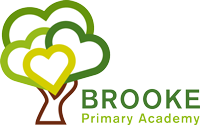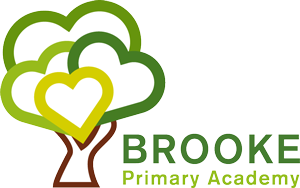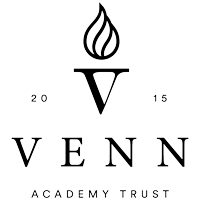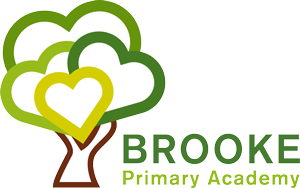
A Venn Academy Trust School
– Together we will…
Venn is a pioneering academy trust, committed to building educational environments where all pupils are inspired to become lifelong learners who achieve the very highest standards possible.
Collaborating with all partners, the Trust works with its unique settings to create world class learning experiences for all.

Extra Curricular
At Brooke Primary Academy, each year we provide a wide range of enrichment activities and clubs. We believe that the school day should not end at 3.15pm and aim to provide exciting, inclusive and engaging clubs and activities for children to take part in.
Most clubs are free of charge or priced as low as possible.
Children classified as Pupil Premium do not have to pay for clubs.
Spaces at clubs are limited. If you wish your child to attend, please contact the school office to check availability.
Parents should also be aware that we provide after school childcare through our 3-2-6 provision. This is chargeable to all parents. Please see the tab on our website for more information.
Further information and resources
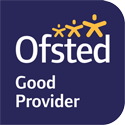
Extracurricular Activities: There is a wide range of clubs available, such as football, rugby, forest school, and choir, which help develop pupils’ talents and interests.

Reading and Phonics: The school is committed to ensuring all pupils learn to read. Effective training and support for teachers, along with appropriate reading materials and catch-up sessions, help pupils read accurately and confidently.

Early Years Provision: The early years setting promotes positive relationships and collaboration among children. Adults model effective communication and use assessment well to engage children in their learning.

Governance and Leadership: Trustees and governors are skilled and committed, regularly visiting the school and maintaining an accurate picture of its operations to ensure continued improvement.

Safeguarding: The school has effective safeguarding arrangements, creating an open and positive culture that prioritises pupils’ interests.

Curriculum and Learning: The curriculum is well-considered, building on previous learning to deepen understanding. While assessment systems need improvement, the school’s overall approach helps in identifying and supporting pupils’ needs.

Promotion of Values: Pupils learn about diversity and British values through various activities and demonstrate positive attitudes and respect for others. The school also encourages community involvement, such as the choir singing in residential homes and helping at the local food bank.

Support for SEND: The school effectively identifies and supports pupils with special educational needs and/or disabilities (SEND), involving parents in the assessment process and adapting lessons to help these pupils build new knowledge.

Anti-Bullying: Pupils respect each other, believe in the school’s values, and feel confident that any issues, including bullying, would be resolved quickly by adults.

School Environment: The academy is described as a warm and welcoming place where pupils feel safe and happy. Respectful and positive relationships are central to the school’s environment.

Overall Effectiveness: The school is rated “Good” in all categories, including quality of education, behaviour and attitudes, personal development, leadership and management, and early years provision.

Positive Behaviour: Changes in how behaviour is managed have helped pupils reflect on their feelings and make better choices. This has resulted in positive behaviour during lessons and playtimes.

High Expectations and Progress: The school sets high expectations for all pupils, which are being met. Parents appreciate the support and information provided by the staff and are pleased with the progress their children make.
